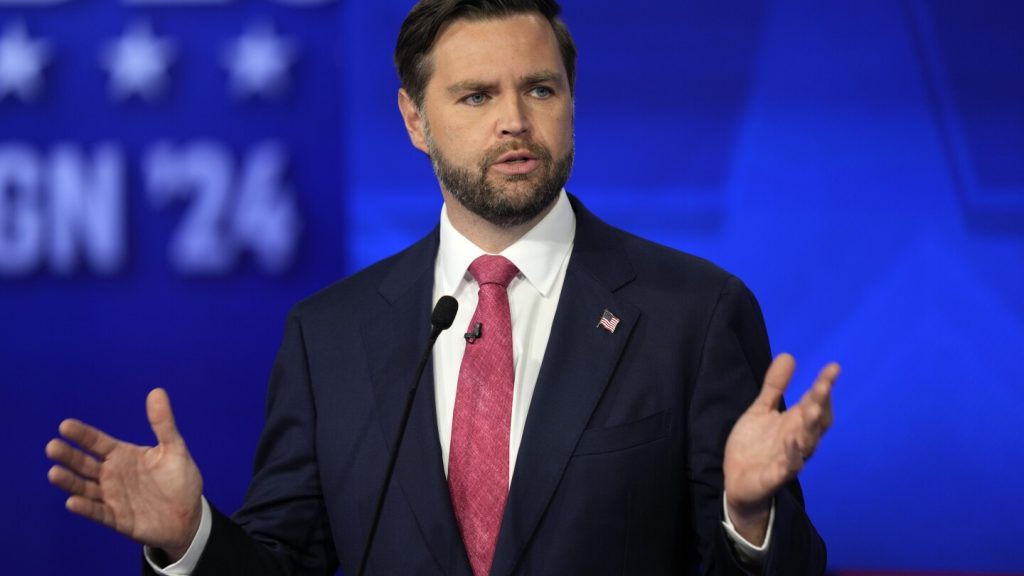During a vice presidential debate between Minnesota Governor Tim Walz and Ohio Senator JD Vance, several false and misleading claims were made. One such claim was made by Vance, who stated that Iran had received over $100 billion in unfrozen assets thanks to the Biden-Harris administration. However, the Biden administration only agreed to unfreeze $6 billion as part of a deal to release five U.S. citizens held by Iran, and none of that money has been given to Iran yet. This deal was negotiated by the Obama administration before Biden and Harris took office.
Walz also made a misleading statement regarding the cost of insulin before a new law capped prices at $35 per month for older Americans on Medicare. He claimed that people were paying $800 before the law took effect, but a study found that the average cost was actually $452 per year for those on Medicare or private insurance. Vance linked unaffordable housing to immigrants who entered the country illegally, but economists attribute the increase in home prices to a decline in housing supply rather than immigration.
Vance overstated the number of illegal aliens in the country, claiming there were 20-25 million, when the Department of Homeland Security estimates that there were approximately 11 million people living illegally in the United States as of January 2022. Vance also distorted a Minnesota abortion law, falsely claiming that doctors were not obligated to provide care to babies who survived botched late-term abortions. The law actually requires medical personnel to care for infants born alive.
In addition, Vance misrepresented Trump’s statements on January 6, 2021, when he told a crowd to protest peacefully before they stormed the Capitol. Vance only mentioned the peaceful part of Trump’s speech, ignoring the incendiary language used throughout. Overall, the debate between Walz and Vance touched on a wide range of issues, but both candidates made misleading statements that were fact-checked by the Associated Press. It is important for voters to be aware of these inaccuracies when evaluating the statements made by political candidates.















